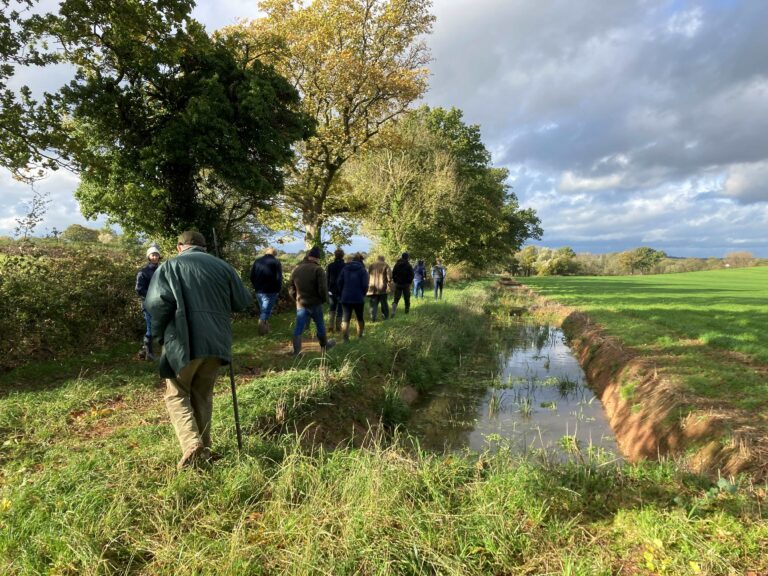The UK’s biggest egg business has made a commitment to help protect and enhance water quality, initially around the river Wye, where there are concerns about the levels of phosphates in the water.
Noble Foods has singed up to the Water Roadmap, part of the Courtauld Commitment 2030 voluntary agreement from climate action NGO WRAP.
The family-owned company which owns the happy egg co, Purely Organic and produces around 60 million eggs per year, has joined other poultry companies including Avara and Moy Park in signing up to the scheme, which is aiming to protect critical water resources for food supply, for nature and for local communities.
The Courtauld 2030 Water Roadmap asks businesses in the food and drink supply chain to move beyond just compliance in water management towards more effective water stewardship. Delivered with The Rivers Trust and WWF, the Roadmap sets out the need for collaboration and provides a practical framework for businesses.
The Water Roadmap has an overall target that by 2030, 50% of fresh food is sourced from areas with sustainable water management. Work is already underway for Noble Foods in one of the Water Roadmap’s priority areas – the Wye & Usk in the Welsh borders. The company has been working closely with local charity the Wye & Usk Foundation to trial a series of wetland pools to monitor reductions in phosphate levels.
Commenting on the commitment, Noble Foods’ Group Environmental, Health and Safety Manager, Glenn Evans said: “Joining the Water Roadmap is an important step for Noble Foods on our path to better protect the environment for our customers, producers, and colleagues. As the UK’s largest egg supplier, we have a responsibility to continue to lead the way for our sector. As a group of food and drink businesses, we can achieve much more collectively than we can individually. We recognise that water risks can be reduced by using nature-based solutions, which have multiple benefits including increased carbon storage, reduced soil loss and improved biodiversity. One of our priorities will be working to reduce and diffuse phosphate pollution and to improve site conditions in the Wye & Usk catchment.”


